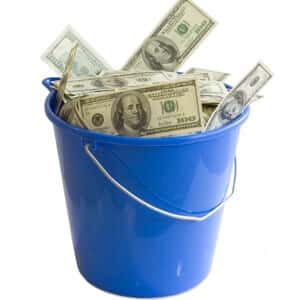
A large antitrust suit against generic drug companies has been building for a few years. When we first heard about this situation in November, 2016, approximately a dozen generic firms were implicated. The Justice Department was investigating possible collusion. There were hints that key players from different generic drug companies got together in secretive meetings. For the guys it might be on the golf course or at a fancy restaurant. Women were reported to have scheduled “Girls Nights Out” where they could have drinks, let their hair down and make deals.
Playing Nice in the “Sandbox”
47 states are cooperating in an antitrust lawsuit against 16 generic drug manufacturers. The Attorneys General have presented evidence of collusion and price fixing. The suit includes 300 drugs.
Executives met to determine which manufacturers would control certain medications and what prices could be charged. Everyone was expected to play nice in this pharmaceutical sandbox. Despite the continued investigation, many generic drug prices remain high.
The Largest Drug Cartel?
When you hear the words “drug cartel” you probably think of violent gangs like the Sinaloa cartel run by Joaquin “El Chapo” Guzman. Before that there was the Medellin Cartel in Colombia renowned for shipping cocaine into the U.S.
Joseph Nielsen is an assistant attorney general for the state of Connecticut. He is an antitrust investigator. Christopher Rowland has written an insightful article for the Washington Post (Dec. 9, 2018) in which he describes the generic drug companies efforts this way:
“‘This is most likely the largest cartel in the history of the United States,’ Nielsen said. He cited the volume of drugs in the schemes, that they took place on American soil and the ‘total number of companies involved, and individuals.'”
What’s Next?
Generic drugs are supposed to be inexpensive. And yet we have seen many examples in recent years where generic drug companies have raised prices dramatically. And there have been shortages that seem hard to explain.
If generic drug companies got together in the “sandbox” to divvy up the market place and adjust prices, it is likely that antitrust violations occurred. This investigation has been going on for years. Here is an article we wrote over a year ago.
Two years ago we wrote about skyrocketing generic drug prices:
It may take a while longer before we learn the full extent of the skullduggery. In the meantime, the reputation of many of the largest generic drug companies has been tarnished by expanding allegations. Do you know who distributes your generic medications and where they are made?

